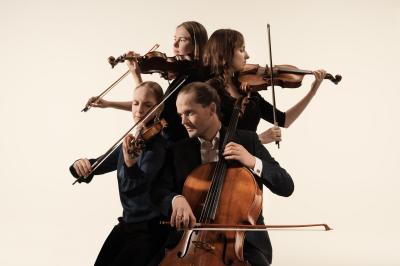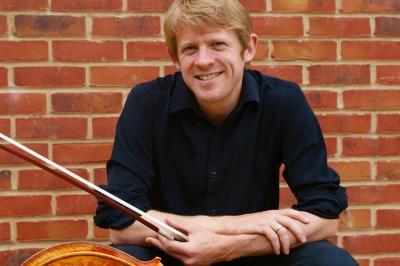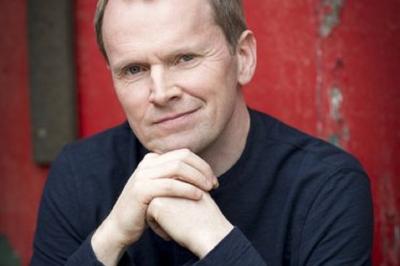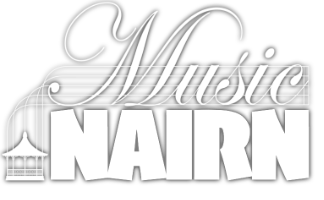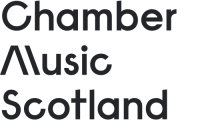Navarra Quartet
A concert by the Navarra String Quartet for Music Nairn marked something of a milestone, as it was this group who had given the first concert for MN back in 2008. Illness and a change in personnel led to a change in the planned programme, and Mozart replaced Dvorak. The concert opened with the String Quartet no 1 op 37 by Karol Szymanowski, a Ukrainian composer heavily influenced by the music of turn-of-the-century Vienna. Like his contemporaries Richard Strauss and Mahler, he pushes Romantic harmonies to their extremes, although unlike Schoenberg and Berg he never crosses the line into atonality. Exquisite melodic lines float above a surreal swirl of harmonies, while in the Burlesca Scherzo he steps firmly into the world of the grotesque, as all four instruments embark on a fugue each in its own key. This unsettling start opens into a full expressionist experience, but how to conclude movements of such eclectic inventiveness? Szymanowski chooses very conventional almost trite cadences in each case – but how to round off such a revolutionary quartet? The composer struggled with this, and in the end left the work without a finale – as it turned out, a work progressing from decadent romanticism to anarchic burlesque would prove a powerful metaphor for the first half of the 20th century. The Navarra Quartet gave a truly visionary account of this remarkable piece, conjuring up parallel musical worlds which both mesmerised and beguiled.
Mozart's Quartet in D minor K 421 was an unanticipated delight. One of the composer's more sombre quartets, it is a work brimming with originality and culminates in one of Mozart's most effortless sets of variations on a deceptively simple melody in the style of a folk tune. As the work ascends into the sunny uplands of D major, Mozart finds the perfect happy conclusion to one of his most accomplished quartets. With a happy blend of profound musicality and technical assurance, the Navarra Quartet gave us a wonderfully engaging account of this lovely music.
Thankfully, Brahms' string quartets are enjoying something of a modern renaissance – all three of his quartets belong to his youth, and the third one in Bb major op 67 is particularly passionate and lyrical. From the outset and throughout the piece Brahms indulges his lifelong fascination with the juxtaposition of duple and triple time in an intriguing outpouring of syncopation. In this supremely confident composition, Brahms manages to make the thoroughly worked-out sound utterly spontaneous, and the Navarra Quartet brought an infectious enjoyment of the music to their impressive performance. This is another work, which concludes with a set of variations, although Brahms' facility with the form ensures that we are blissfully unaware of the technicalities. This was a lovely evening of beautiful music, expertly and powerfully performed by the Navarra String Quartet and enjoyed by capacity audience - as Music Nairn approaches the milestone of its 15th anniversary, it is going from strength to strength with strong imaginative programming and encouraging public support.
Forthcoming Events
